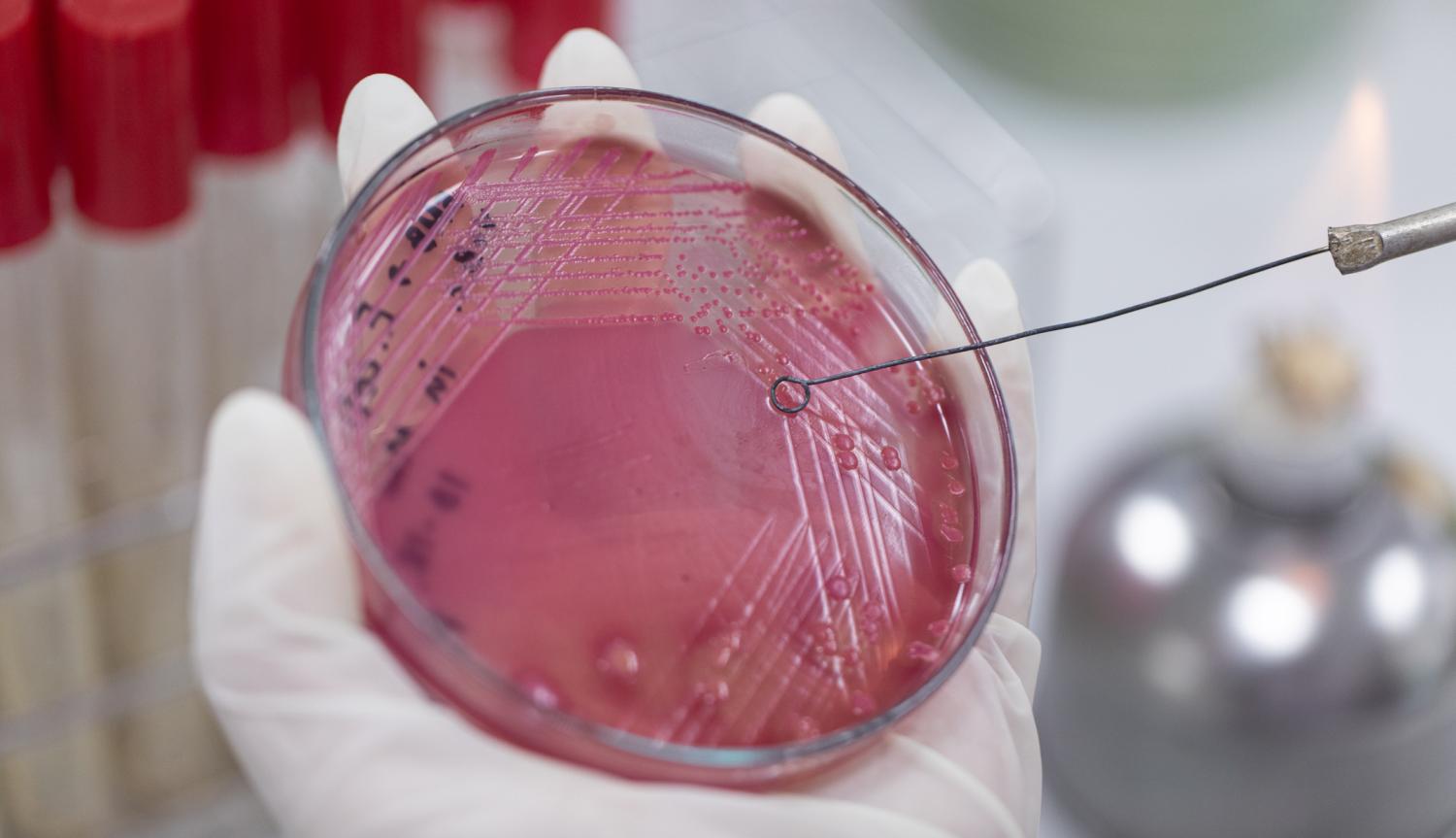A group tasked with advocating for political action on antimicrobial resistance (AMR) says world leaders have a narrow window of opportunity to prevent the already staggering impact of drug-resistant infections from worsening.
In a report released yesterday, the Global Leaders Group (GLG) on AMR said an economic study they commissioned estimates that, at the current level of action against AMR, there would be an average loss of 1.8 years of life expectancy by 2035, with some low- and middle-income countries (LMICs) seeing life expectancy fall by 2.5 years. In addition, AMR would cost the world $412 billion a year in healthcare costs and $443 billion in lost productivity.
That's on top of what is already known about how much AMR has affected global morbidity and mortality. An estimated 4.95 million deaths in 2019 have been linked to drug-resistant infections, with 1.27 million deaths directly attributable to those infections.
But the group says that if world leaders can agree to mount a coordinated, multisectoral response at the upcoming United Nations (UN) High-Level Meeting on AMR in September, some of the worst impacts could be averted. Their report presents a series of recommendations that they hope, if adopted, will "move the world from rhetoric to specific comments and actions."
"We have the tools to mitigate the AMR crisis and these data point to a devastating future if we do not take bolder action now," GLG on AMR Chair Mia Amor Mottley, Prime Minister of Barbados, said in a press release. "That is why the Global Leaders Group is making recommendations and proposing targets to drive a robust global response to AMR and save millions of lives."
Committed financing for AMR interventions
Among the recommendations by the GLG is for UN member states to agree on adequate, dedicated, and sustainable financing to support a package of AMR interventions across sectors. In addition, the report calls on existing financing instruments, such as the World Bank and the Global Fund, to expand their scope to include financing for the AMR response.
The GLG was established in 2020 to strengthen global political leadership on AMR. It includes heads of state and leaders from the public and private sectors.
The economic study commissioned by the GLG estimates that, while implementing a package of AMR interventions across sectors would cost an estimated $46 billion per year, it would bring a return of up to $13 for every $1 spent by 2025.
We have the tools to mitigate the AMR crisis and these data point to a devastating future if we do not take bolder action now.
Committed financing from domestic and external sources, particularly for the LMICs that bear the highest burden of drug-resistant infections and deaths, would also help implementation of National Action Plans on AMR. The report notes that while 90% of countries have developed National Action Plans, only 25% have funded those plans.
To help guide the response, the GLG recommends that the UN secretary-general establish an independent panel—similar to the Intergovernmental Panel on Climate Change—that would provide UN member states with regular reports on the science and evidence related to AMR. It also calls on the Quadripartite organizations—the World Health Organization (WHO), the World Organization for Animal Health, the UN Food and Agriculture Organization, and the UN Environment Programme—to urgently update the 2015 Global Action Plan on AMR.
"Even as the immediate crisis of AMR continues to escalate, there is a need to better frame AMR as a longer-term, multidimensional systems and development challenge," the report states. "This can be achieved by embedding AMR in health, development, economic and trade policy and regulatory frameworks at global and national levels, including those that relate to pandemic prevention, preparedness, prevention and response; human, animal and plant health; R&D [research and development]; and climate, pollution, biodiversity loss and the environment."
Global targets proposed
The report also recommends that countries strengthen diagnostic, laboratory, and other infrastructure to support sector-specific and integrated surveillance systems that can report quality-assured AMR and antibiotic-use surveillance data; develop plans to address environmental contamination caused by antibiotic manufacturing and other sources of antibiotic waste; and implement strategies to prevent infections and reduce the need for antibiotics in human and animal medicine.
For its last recommendation, the GLG proposes a set of global targets for 2030 to motivate countries to accelerate progress on AMR. The targets include a 10% reduction in global deaths caused by AMR; having Access-group antibiotics (the antibiotics deemed by the WHO to have the narrowest spectrum of activity and lowest potential for AMR) comprise at least 80% of human antibiotic use; a 30% to 50% reduction in the quantity of antibiotics used in the agri-food system; and elimination of the use of medically important antibiotics for non-veterinary and non-phytosanitary purposes in food-producing animals and crops.
"These targets now require robust global endorsement by UN member states, followed by adaptation at the national level based on country context," the GLG wrote. "Implementation of these global targets could also facilitate and inspire the scale-up of preventive measures."
























